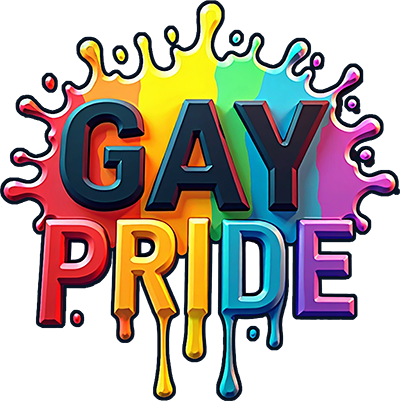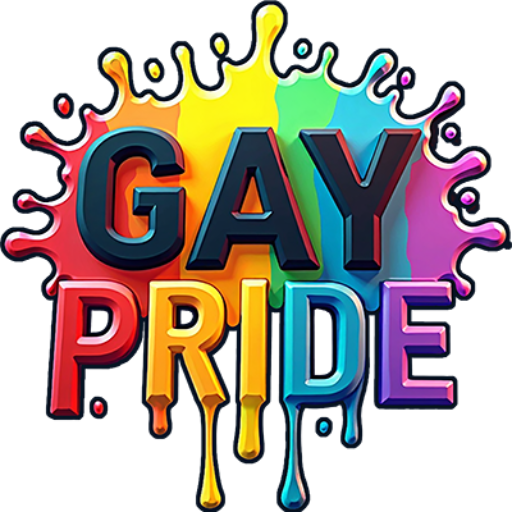The Intersection of Politics and LGBTQ Rights: Navigating a Complex Landscape
The intersection of politics and LGBTQ rights is a dynamic and complex arena, constantly evolving as societies advance and new challenges arise. Understanding this intersection is vital not only for those directly affected but also for allies and policymakers. This blog post delves into the historical context, current issues, and future directions of LGBTQ rights within the political sphere, providing readers with comprehensive insights and actionable tips for advocacy.
Historical Context: A Brief Overview
The fight for LGBTQ rights has a rich history, intertwined with political movements across the globe. From the Stonewall Riots of 1969 to the landmark Obergefell v. Hodges decision in 2015, which legalized same-sex marriage in the United States, political activism has played a crucial role in advancing LGBTQ rights.
Globally, the decriminalization of homosexuality began in the late 20th century, with countries like France leading the way in 1791. However, many nations still criminalize same-sex relationships, highlighting the ongoing political struggle for equality.
The Role of Political Parties and Legislation
Political parties worldwide often have differing stances on LGBTQ rights, influencing legislation and public opinion. In the United States, the Democratic Party generally supports LGBTQ rights more robustly than the Republican Party, which often faces internal divisions on these issues.
Legislation such as the Equality Act in the U.S., which aims to prohibit discrimination based on sexual orientation and gender identity, showcases the political efforts to enshrine protections for the LGBTQ community. However, passing such legislation remains a contentious battle in many countries.
International Perspectives
Internationally, countries like Canada and the Netherlands are often seen as leaders in LGBTQ rights, boasting comprehensive anti-discrimination laws and significant public support. Conversely, nations such as Russia and several Middle Eastern countries have enacted laws that severely restrict LGBTQ freedoms, illustrating the stark contrast in political approaches globally.
Current Challenges Facing LGBTQ Rights
Despite significant progress, the LGBTQ community still faces numerous challenges, many of which are inherently political. These include:
- Discrimination and Violence: LGBTQ individuals remain targets of discrimination and violence, often exacerbated by political rhetoric and policies that fail to protect them.
- Transgender Rights: Transgender individuals face unique challenges, including barriers to healthcare and legal recognition, with political debates often centering around bathroom access and military service.
- Religious Freedom vs. LGBTQ Rights: The balance between religious freedom and LGBTQ rights is a contentious issue, with legal battles frequently arising over service refusal and employment discrimination.
The Impact of Activism and Advocacy
Activism has been a driving force in the advancement of LGBTQ rights, with organizations and individuals tirelessly working to create change. Social media has amplified these efforts, allowing for greater visibility and mobilization.
For example, the #LoveWins campaign played a pivotal role in shaping public opinion and political discourse leading up to the legalization of same-sex marriage in the U.S. Similarly, grassroots movements in countries like India have been instrumental in overturning colonial-era laws against homosexuality.
How to Get Involved
For those looking to support LGBTQ rights, there are several actionable steps you can take:
- Educate Yourself and Others: Knowledge is power. Educate yourself about LGBTQ issues and share this knowledge with others to foster understanding and acceptance.
- Support LGBTQ Organizations: Donate to or volunteer with organizations that advocate for LGBTQ rights, both locally and globally.
- Engage in Political Processes: Vote for candidates who support LGBTQ rights, and hold elected officials accountable for their policies and actions.
- Use Your Voice: Whether through social media, community events, or writing to policymakers, use your voice to advocate for equality and justice.
The Future of LGBTQ Rights in Politics
As societies continue to evolve, the political landscape surrounding LGBTQ rights will undoubtedly change. Future challenges may include:
- Intersectionality: Addressing the unique experiences of LGBTQ individuals who also belong to other marginalized groups, such as people of color or immigrants.
- Global Advocacy: Increasing efforts to support LGBTQ rights in countries where they are most at risk, requiring international cooperation and pressure.
- Technological Advances: Leveraging technology to tackle discrimination, such as using AI to identify and combat hate speech online.
The road ahead is complex, but with continued activism and political engagement, progress is possible.
Conclusion: A Call to Action
The intersection of politics and LGBTQ rights is a testament to the power of advocacy and the ongoing fight for equality. While significant strides have been made, the journey is far from over. By staying informed, supporting advocacy efforts, and participating in political processes, individuals can contribute to a more inclusive and equitable world for all.
Whether you’re a member of the LGBTQ community or an ally, your voice and actions matter. Together, we can drive the political change needed to ensure that everyone, regardless of sexual orientation or gender identity, can live freely and authentically.

